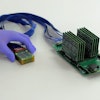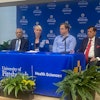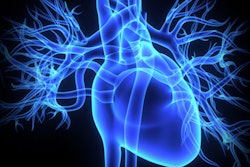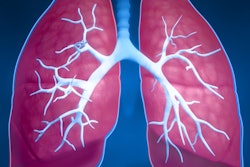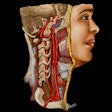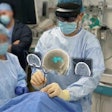Dear Advanced Visualization Insider,
3D-printed models based on preoperative CT scans can be a great tool for surgeons in planning complicated procedures. For example, a group of researchers from China recently detailed how preoperative simulation with these models could improve surgical results for the challenging treatment of old and complex tibial fractures.
In comparison with patients whose procedures were planned solely from preoperative CT images, a group of patients that received surgeries planned from 3D-printed models had faster and more personalized procedures with less intraoperative blood loss and fluoroscopy time, as described in this edition's Insider Exclusive.
In addition, 3D-printed orbital models can help clinicians plan treatments of blowout fractures, according to a new study. Importantly, the researchers from Australia found that MRI could be utilized to create the preoperative, 3D-printed reconstructive plates, offering patients and surgeons a radiation-free alternative to CT -- the longtime gold standard for staging orbital fracture surgery.
Researchers from Brazil have also shared how augmented reality and 3D printing could improve preoperative planning and patient outcomes for cranial surgery. The combination of augmented reality and 3D printing can provide physicians with a more detailed and realistic visualization of cranial anatomy than conventional imaging alone, according to the group.
In other advanced visualization news, Danish researchers reported that CT image texture analysis may enable low-dose CT lung cancer screening exams to also be utilized to screen for and assess chronic obstructive pulmonary disease (COPD). In comparison with densitometry measurements, image texture analysis correlated better with measures of lung function and produced higher accuracy for diagnosing COPD. It also was the only one of the quantitative CT measurements to offer any predictive value for a rapid decline in lung function.
With help from an artificial intelligence algorithm, 4D flow MRI scans can be accurately reconstructed in seconds -- much faster than conventional reconstruction methods, according to a new study published by a team of Swiss researchers. The group believes the technique could potentially enable near-real-time assessment of cardiac blood flow while the patient is still in the scanner.
Is there a story you'd like to see covered in the Advanced Visualization Community? Please feel free to drop me a line.

